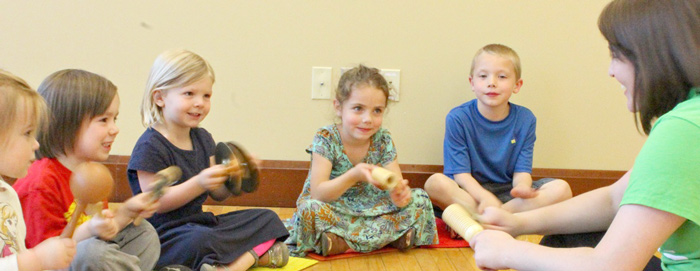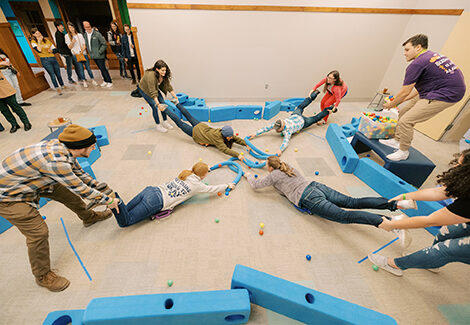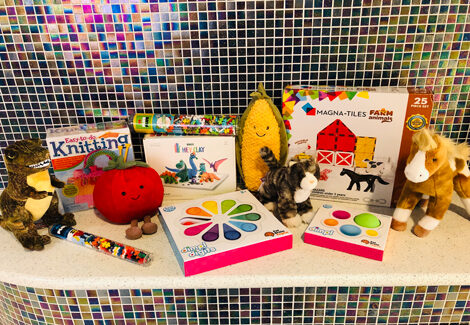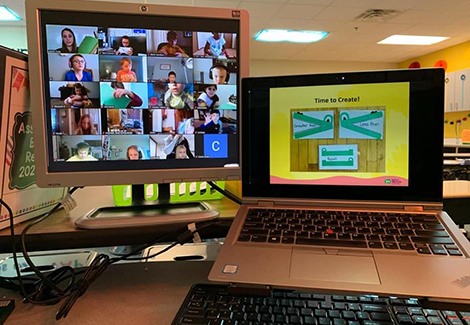Does it ever feel like your child is stuck “on repeat”? He keeps doing the same activity over and over, whether it’s building a puzzle, singing a song, or drawing a tree. As an adult, you start getting bored and wonder: How is he still so excited and interested? It seems monotonous to an adult, but to a child there is a sense of comfort in predictability and repetition. In turn, children gain confidence because they know what to expect next. The act of repetition is great practice for developing skills of anticipation, prediction and attention.
Children’s ability to retain information and master skills is strengthened through repetition. While a one-time experience will spark interest in learning, repetition helps strengthen connections in their brains. Numerous studies have concluded that repetition supports children in both taking in new information and retaining it for longer periods of time.
Children’s repetitive instinct further develops their skills of anticipation, prediction, attention, memory, and comprehension.
The accomplishment of skill mastery is rewarding for children. Naturally they want to share this with important adults in their lives, offering a prime opportunity to both validate their accomplishment and support them in deeper level thinking. Here are a few ways to enhance these repetitive experiences:
Patience is Key: It’s important to remember that attention, comprehension and memory skills are not fully developed in childhood. While adults may understand a concept immediately, a child may need repeated exposure to fully master the concept or skill. Therefore, encourage the child’s repetitive behavior until he is confident and ready to move on.
Ask Questions: Challenge children with questions that make them think more deeply about their experiences. When adults inquire for more information, they support children’s eagerness to learn and help build comprehension around a concept or skill he currently has “on repeat”.
Hit Repeat: Find time to encourage repetition whether it’s through songs, stories, or other experiences. This could be singing the same song driving in the car, reading stories with rhyming words, or establishing a special bedtime routine. Repetition of experiences, patterns and sounds help children thrive in their learning.
Make a Mistake: Purposefully make mistakes in familiar songs or stories. You can be sure the child will take great pride in correcting you. This act of correcting you requires him to draw on previous knowledge which helps reinforce his understanding.
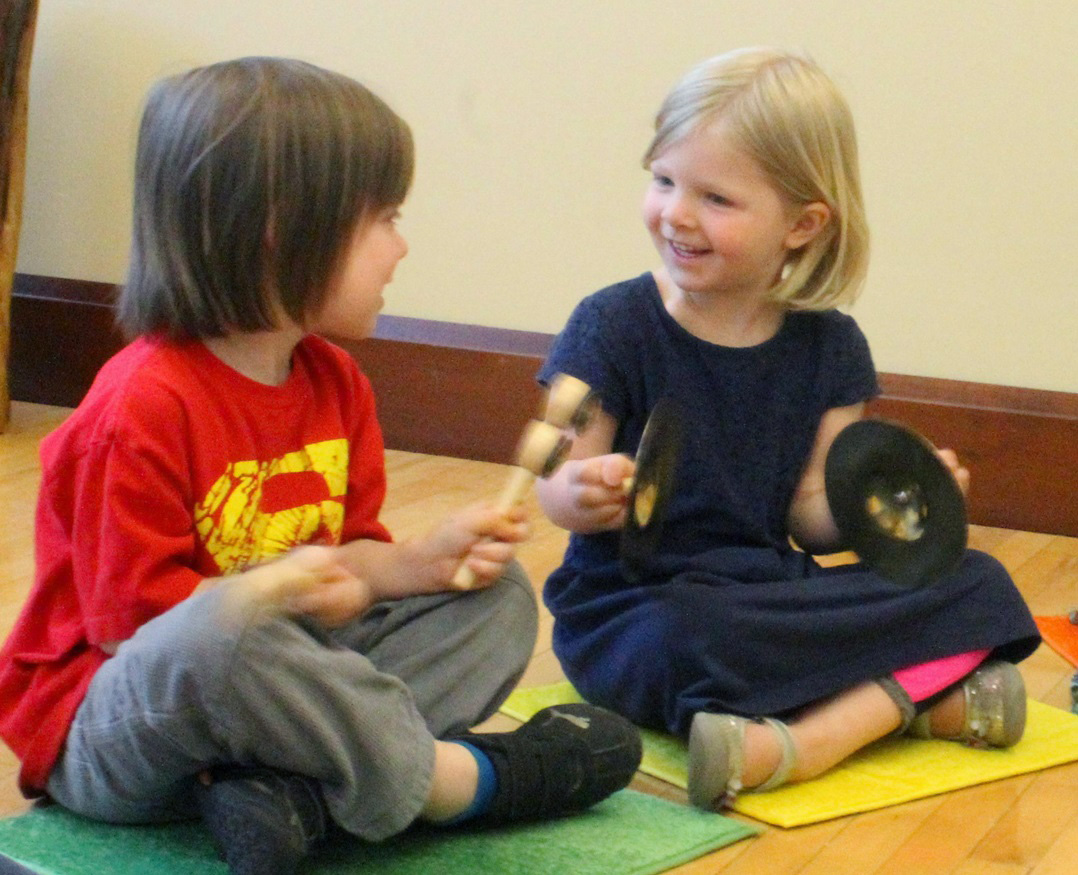
In the spirit of repetition, let me end with a summary. Children’s repetitive instinct further develops their skills of anticipation, prediction, attention, memory, and comprehension. Adults can enhance these skills by remaining patient, asking questions, and taking part in repetitive play. Let’s not forget the fun of making mistakes to challenges skills and build confidence. Through these experiences, children develop skills for lifelong learning which is something we want children to have “on repeat”.
